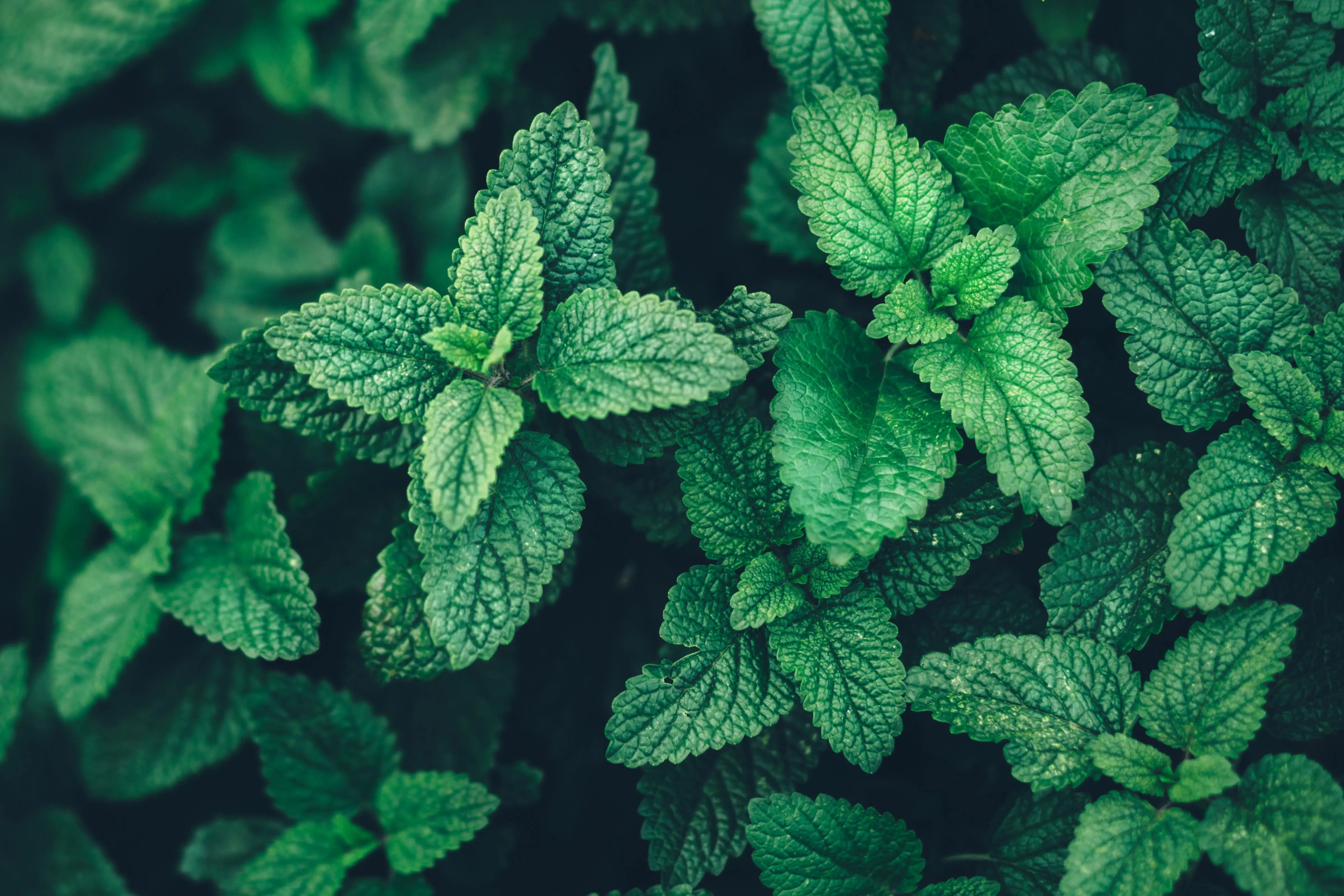Lemon Balm needs no introduction. You may know it under a variety of names: Melissa officinalis, Anyamehfu or Balm Mint. You may not know it but Lemon Balm is a part of many people’s first aid kit at home. Believe me, it is not for no reason. Lemon Balm is an aborigine of Europe and Africa and it has left a notable footstep in the traditional medicine of these regions.
Benefits
So, why is it so useful? First of all, we should talk about its nutrients. Lemon Balm is rich in caffeic acid and choline as well as different vitamins and minerals. These components play an extremely important role in creating Lemon Balm benefits. Nowadays, caffeic acid is used as an immune-booster and Choline is an important part of remedies that promote a healthy liver. In other words, the nutrients of Lemon Balm are pretty powerful. Ancient cultures did not know specific nutrients but knew what the effects the herb had on the body.

Past and Present
Ancient Africans were cooking decoctions of Lemon Balm for ages in order to soothe the body and promote a good mood. Decoctions of Lemon Balm, Chamomile and Lavender were very popular in East Africa. These decoctions were used to cope with bad sentiments.
Nowadays, tea, which is based on leaves of Lemon Balm is well-known all over the world. It is usually taken after a meal. People use it to help their cognitive function. Tea of Lemon Balm can help reduce headaches and promote healthy sleep. In general, Lemon Balm tea has a positive effect on the entire nervous system.
Lemon Balm grows under the warm sun for years. It has helped peoples of the past cope with different cognitive problems. It is the truth, Lemon Balm is the heritage of the ancients. Lemon Balm is nature’s recall.





Share:
Freshly Minted: Using Peppermint to Settle Your Stomach
Holy Basil: Facts You Need to Know